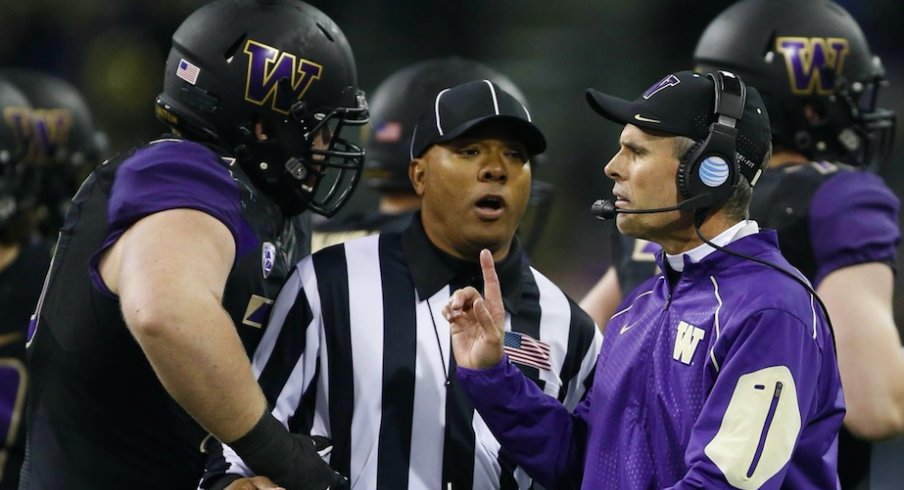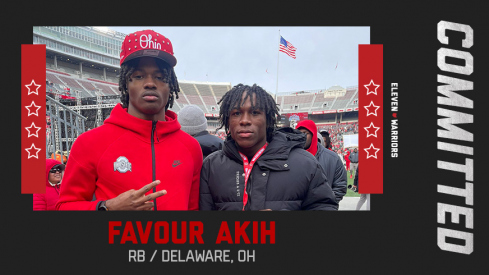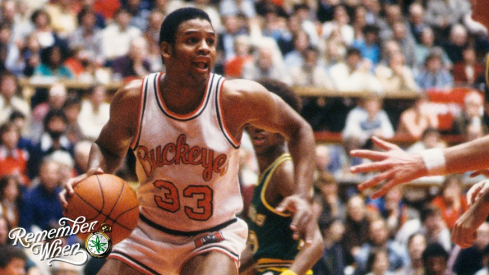College basketball conferences draw from referee pools overseen by multiple leagues. College football, however, allows its conferences to train and pay its own referee pools.
And good employees want to make their employers happy, right? One way employees do that is by making their employers money. And one way college football conferences make more money is their flagship universities making it to the big end-of-season bowl games, which can unleash tidal waves of cash.
It didn't require a scientific study to see where this ends up, but we have one now.
From bloombergnews.com:
“This is an incestuous situation,” says Rhett Brymer, a business management professor at Miami University in Oxford, Ohio. He spent more than a year parsing almost 39,000 fouls called in games involving NCAA Football Bowl Subdivision teams in the 2012-2015 seasons. His research finds “ample evidence of biases among conference officials,” including “conference officials showing partiality towards teams with the highest potential to generate revenue for their conference.”
[...]
The Miami of Ohio research offers no evidence that specific officials intentionally skewed game outcomes. Nor does it assert that conferences would try to manipulate the part-time, independent contractors who officiate for $2,000 to $2,500 a game.
Brymer’s data suggest something more insidious. Across the 3,000-odd regular-season and bowl games he studied, a bit less than half of the fouls called were what he terms “discretionary”—holding, pass interference, unsportsmanlike conduct, and personal fouls like roughing the passer. Refs were on average 10 percent less likely to throw discretionary flags on teams that enjoy both strong playoff prospects and winning traditions. Brymer calls these teams “protected flagships.”
One such protected university according to Brymer's studies is Ohio State, which is 14% less likely to be called for a discretionary foul than a team like Purdue. (Bloomberg notes Ohio State "fared even better" in 2014, but did not clarify how much better.)
Before Michigan fans start another boycott, they should know this is a phenomena across all of college football. Oh, and despite their recent run against Ohio State, they still qualify for flagship protection.
Flagship universities include: Alabama, Clemson, Michigan, Penn State, Southern California, Oklahoma, and Washington.
As for the Big Ten championship game, the Badgers have the better shot at the title game but conference reps have "punished non-flagships like Wisconsin and protected flagships like Penn State."


